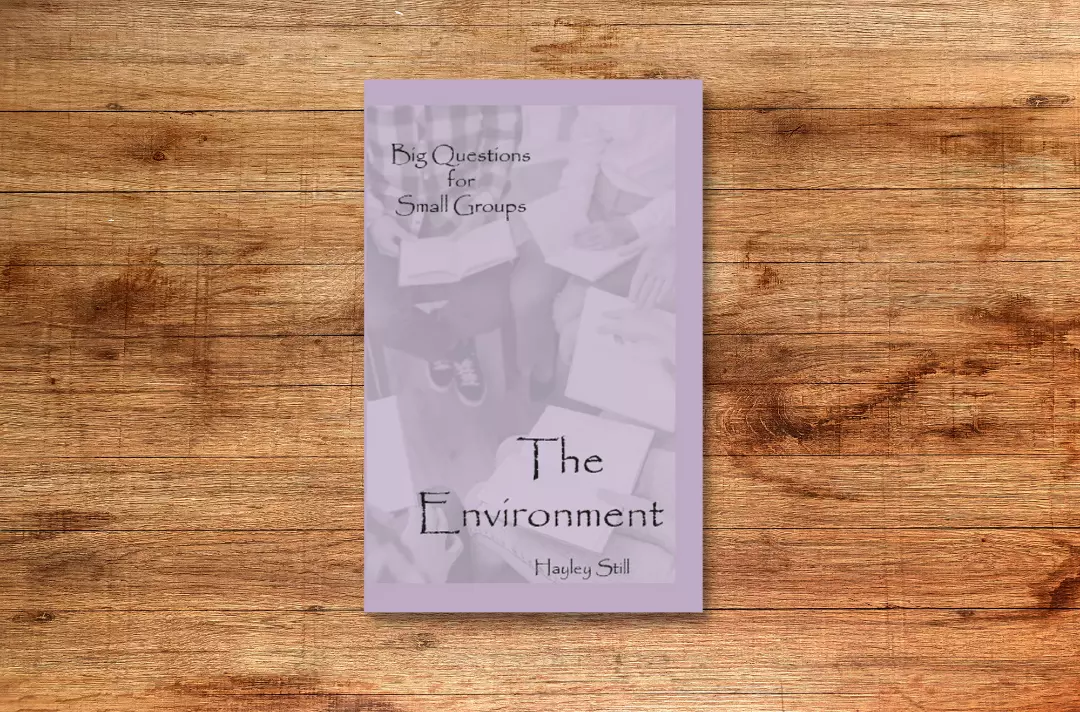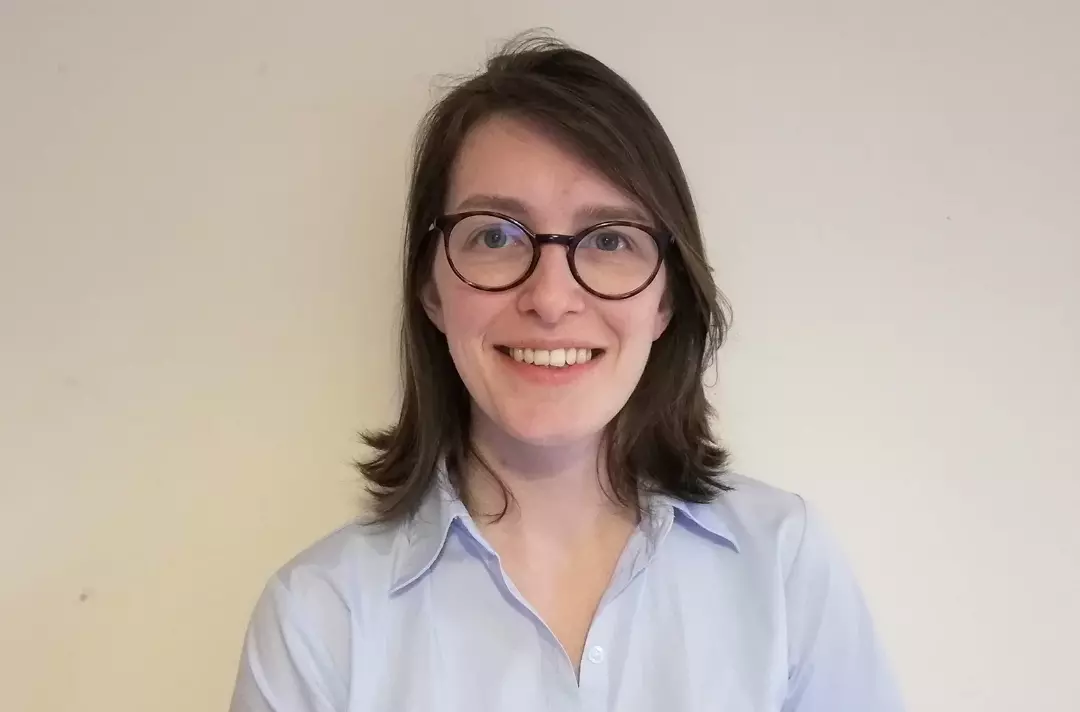30 October 2021
Creation care: Be part of the conversation
Emily Bright interviews Hayley Still

Ahead of COP26 (31 October – 12 November 2021), Hayley Still told Emily Bright about her new book, Big Questions for Small Groups: The Environment.
As global leaders gather in Glasgow for the UN climate conference, combatting climate change has never felt more urgent.
Two months ago UN Secretary-General António Guterres warned that the issue posed ‘a code red for humanity’. His stark comments came after a report by the Intergovernmental Panel on Climate Change revealed that the global surface temperature of the Earth has increased faster than in any other 50-year period over the past 2,000 years, causing extreme heatwaves, heavy precipitation, drought, cyclones and the melting of Arctic ice.
Charities and organisations across the globe have rallied together to maximise awareness of the need to tackle climate change and encourage global leaders to take action. Among them is Hayley Still, the Army’s UK engagement co-ordinator for international development.

‘COP26 is a crucial moment,’ she asserts. ‘It’s an especially important year for the UK as we are hosting the event in Glasgow. As hosts, there is a responsibility to lead the way with bold action – not just pledges and rhetoric. This is a great moment to encourage the Church and individual followers of Jesus to be part of the conversation around creation care and the response.’
Creation care: 'A golden thread that runs through the Bible'
Hayley has written a book that can help Christians engage with the topic: Big Questions for Small Groups: The Environment.
She writes that environmentalism is a theme that runs throughout the Bible and cites the Rev Dave Bookless, director of theology at Christian conservation charity A Rocha International, to elaborate on her point.
‘Dave speaks about creation care being a golden thread that runs through the Bible,’ she explains. ‘Essentially, he’s saying that you can turn to passages throughout Scripture and see God’s love for all that he has made.
‘We can quite easily view the Bible through a human lens – how does this affect me, my family, my global neighbours? – but time and time again the Bible emphasises God’s heart for the whole of creation.’
Hayley adds that God’s love for creation can also be seen throughout Jesus’ life.
‘He frequently referenced nature in his teaching and parables and he was in nature when he did this teaching,’ she says.
‘You can also look to Jesus’ miracles to see his affinity with nature – calming the storm is just one example. But more than what Jesus said, it is who Jesus is that highlights our need to care for creation. Jesus is the creator, sustainer and redeemer of all things – not just humanity.
‘The Bible frequently highlights God’s heart for social justice, something that Hayley acknowledges has been neglected.
‘A lack of care for the environment has created a social justice issue,’ she says. ‘As a result of overconsumption and human greed there is a climate crisis. And, while it affects everyone, it is the world’s poorest and most vulnerable that will be impacted the worst.’
Loving God and loving others through environmentalism
Hayley believes that Christians can and should play their role in mitigating the impact of climate change.
‘We are called to love our neighbour, which means people both locally and globally,’ she says. ‘Consider poverty, water scarcity, hunger. Climate change exacerbates these issues, so you can’t solve these without addressing climate change.’

Her view of environmentalism as being entwined with faith has evolved over the years: ‘I have grown in my understanding that God is for the whole of creation and the whole of creation is for God – and I am part of that.
‘The environment, its beauty and intricacy, can give us a glimpse into who God is. So as a Christian I want to know more of God, and connecting with nature is one way of doing that.’
In Big Questions for Small Groups: The Environment, Hayley tackles theological questions such as Jesus’ attitude towards the natural world, how environmentalism is a matter of social justice, and why caring for the environment should be a priority for Christians. She hopes that these will generate group discussions within a church context on this timely topic.
‘Hopefully they’ll choose to live – or indeed, continue to live – in a way that celebrates and protects creation,’ she affirms.
Interview by

Emily Bright
Promotions and Marketing Co-ordinator, Publishing
